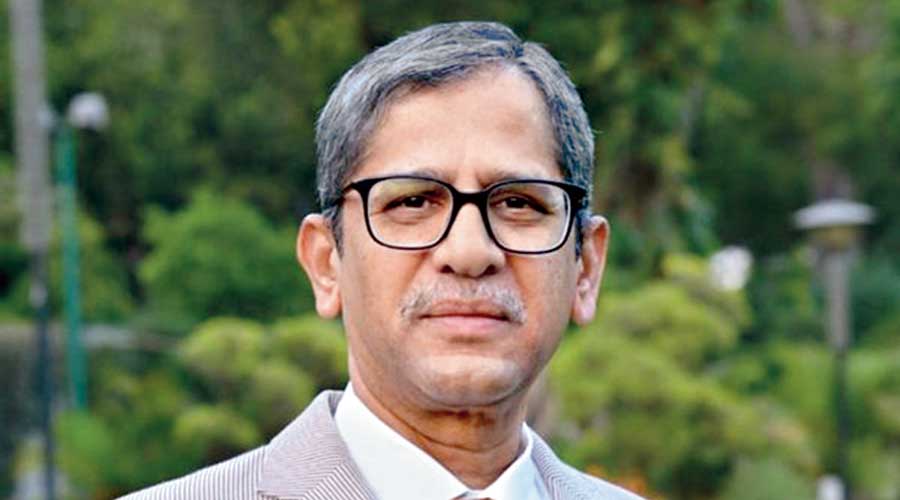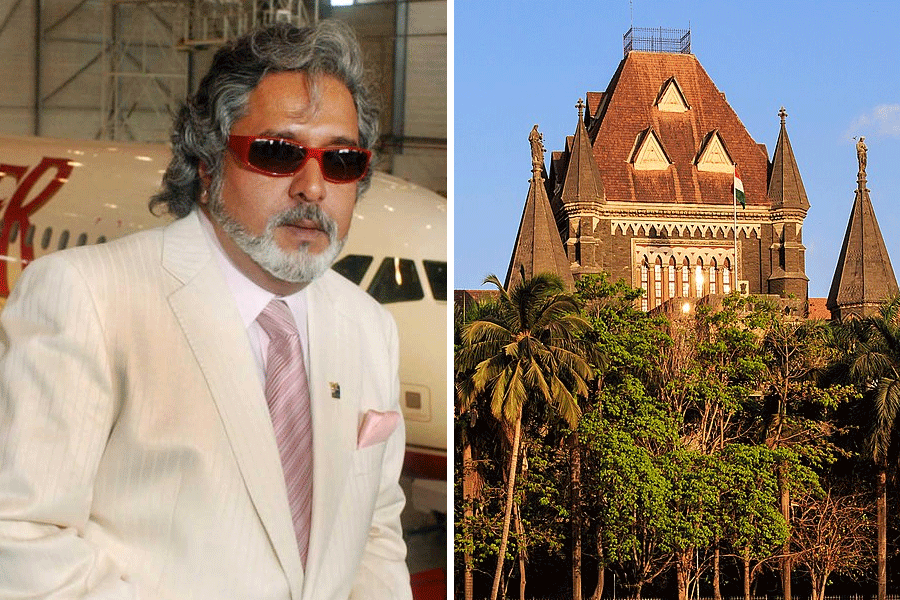Chief Justice of India N.V. Ramana on Sunday said “contemporary India” needed to learn from Swami Vivekananda’s teachings how to shun “meaningless and sectarian conflicts” and practise “tolerance and universal acceptance”.
“He popularised practical Vedanta as it preached love, compassion, and equal respect for all. His teachings have great relevance for all times to come,” Justice Ramana told an event through videoconferencing.
“Swami Vivekananda, in his (Chicago) address, propagated the idea of tolerance and universal acceptance. He analysed the dangers posed by meaningless and sectarian conflicts in society to nations and civilisations. There is a greater need today, in contemporary India, to pay heed to the words spoken by Swami Vivekananda as early as 1893.”
Justice Ramana’s remarks came at an event organised by the Ramakrishna Mission’s Hyderabad unit to mark the 22nd foundation day of the Vivekananda Institute of Human Excellence and the 128th anniversary (which fell on Saturday) of Vivekananda’s address at the World Parliament of Religions in Chicago.
Justice Ramana, the chief guest, said Swami Vivekananda had advocated secularism and stressed that religion should be above “superstitions and rigidities”.
“He was prophetic. Long before the painful churning that took place in the subcontinent during the freedom struggle, resulting in the framing of an egalitarian Constitution of India, he had advocated secularism as if he foresaw the events to unfold. He firmly believed that the true essence of religion was the common good and tolerance,” the Chief Justice said.
“Religion should be above superstitions and rigidities. To fulfil the dream of making a resurgent India through the principles of common good and tolerance, we should instil the ideals of Swamiji in today’s youth. I want to utilise this time in reflecting on the huge potential of the youth in our country, and the ways in which we can achieve the greater good.”
Justice Ramana said Vivekananda’s Chicago address had earned India respect and recognition at a time it was under colonial rule, and had drawn the world’s attention to the philosophy of Vedanta.
He went on to say that an account of India’s freedom struggle would remain incomplete without a mention of youth leaders such as Birsa Munda, who had mobilised tribal communities against the British, or the trio of Bhagat Singh, Sukhdev and Rajguru.
The inspiring tales of Alluri Sitarama Raju, who led a tribal rebellion against the British in present-day Andhra Pradesh, still continue to inspire generations, he said.
“The democratic rights we take for granted today are a result of the struggles of thousands of young people who took to the streets fighting authoritarian figures, either during the freedom struggle or the dark days of the Emergency,” the Chief Justice said.
“Many lost their lives, sacrificed lucrative careers, all for the greater good of the nation and society. Trust the youth to check the deviations in a society’s journey towards peace and progress. Although it is desirable to be independent and economically successful, at the same time we must not forget our duty towards our family, our community, and the nation.
“It is imperative for the youth to be aware about the social realities and challenges. Remember, any change in the nation’s trajectory always stems from its youth and their participation. It is for you to build the ideal nation and society that you desire to witness.”
Vivekananda believed that India’s youth were the chain that bonded the country’s past to its future, Justice Ramana said.
He lauded the Ramakrishna Mission monks.
“Swamijis, you are truly the embodiment of sacrifice and service. Your act of renouncing material and worldly pleasures is not easy to emulate. Your life is a message to all of us gathered here,” he said.










